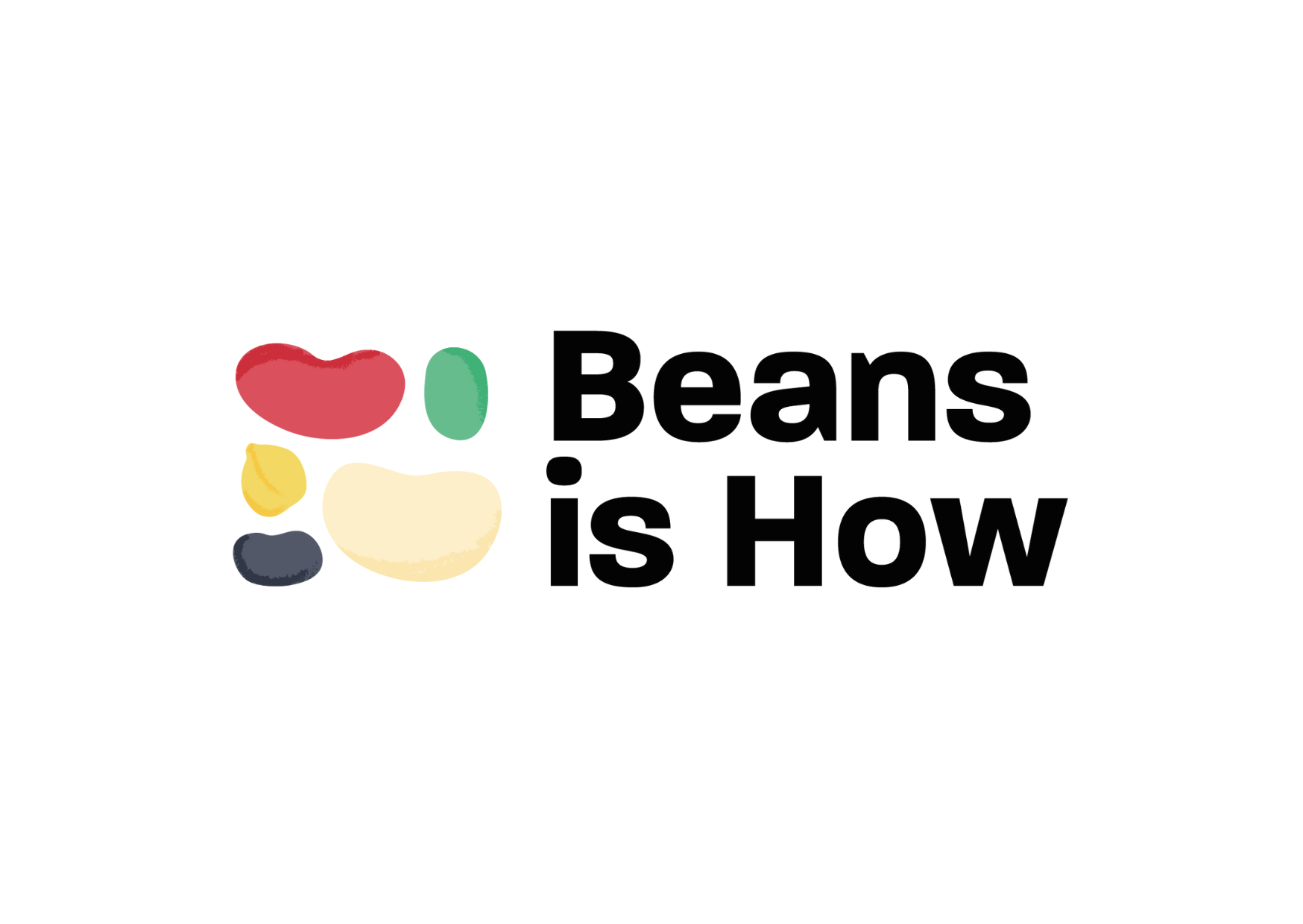
Co-Hosted by:
Vision Statement:
Beans and other pulses are an important staple in kitchens and global cuisines as a delicious, affordable, climate-smart, and nutrient-dense source of plant-based protein, fibre, energy and micronutrients; yet they are often overlooked on menus. From the retail environment to home kitchens to restaurants, cafes, and catering in offices, schools, hospitals, food banks and correctional services, there is so much potential to leverage the advantages of beans to meet shared goals related to sustainability, nutrition and food security.
We envision a future where beans are celebrated as a cornerstone of healthy, sustainable, and accessible food systems in Canada and beyond. By increasing their visibility, desirability, and availability, we aim to inspire a cultural shift that embraces beans as a delicious, nutrient-rich, and environmentally friendly food choice. Through cross-sector collaboration, education, and innovation, we strive to transform how people grow, prepare, and enjoy beans, fostering resilient communities and a thriving planet for generations to come.


This movement not only empowers individuals to make healthier and more sustainable food choices that also can support those affected by food insecurities, but also drives systemic change with far-reaching benefits. This includes increased prosperity for farmers through greater demand for locally grown pulses and fosters economic resilience in agricultural communities. Simultaneously, it will help reduce greenhouse gas emissions and conserve natural resources, as beans are a climate-smart crop that enriches the soil and requires less water and energy to produce. Together, we can create a food culture that uplifts people, protects the planet, and builds a more equitable and sustainable future.
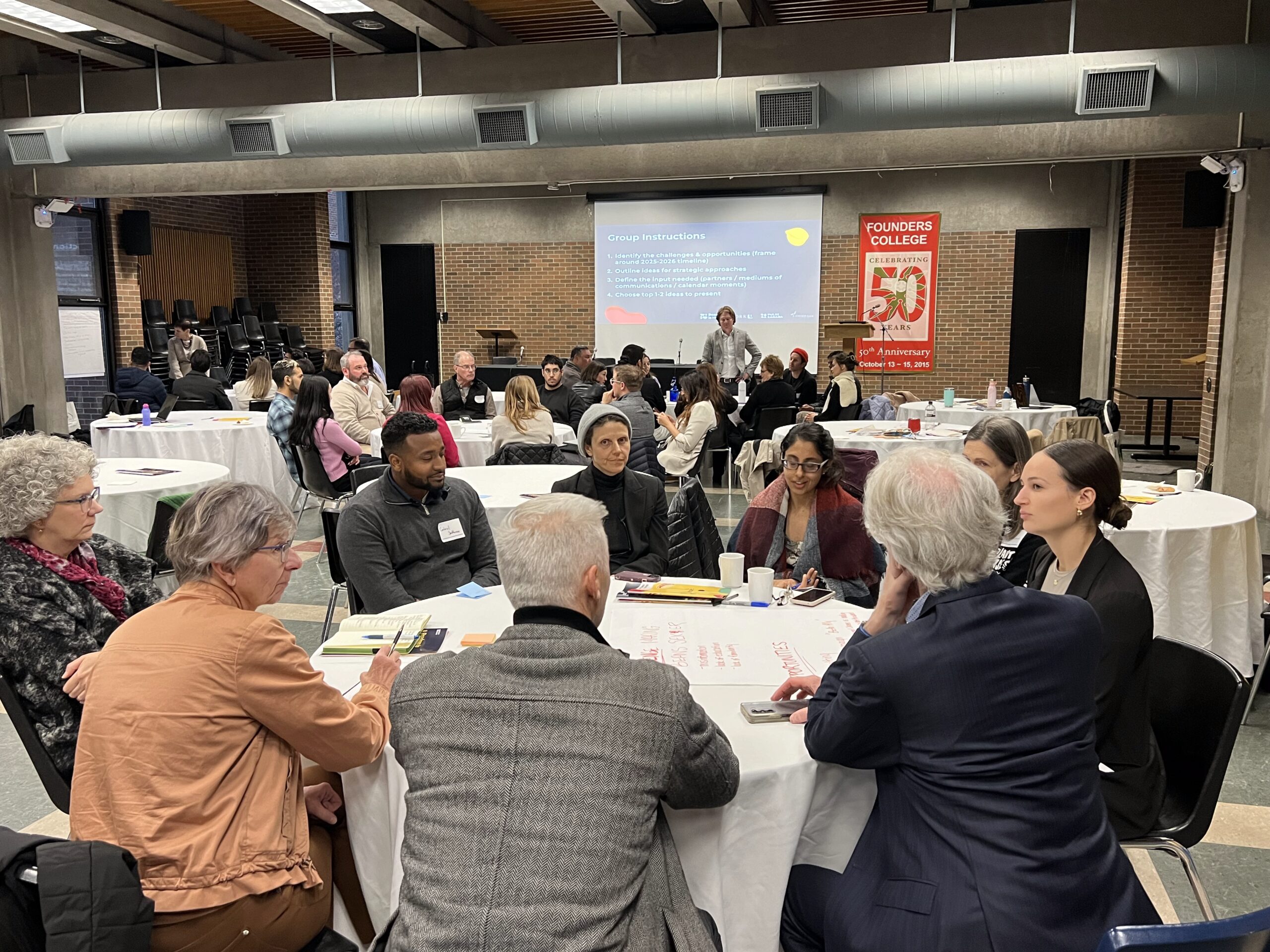
About the Summit:
On November 19, 2024, Pulse Canada, Beans is How, York University and Compass Group Canada co-hosted the “All About Beans Summit: Inspiring More #BeansOnTheMenu in Canada” in Toronto.
It gathered 53 food system leaders, chefs, academics, and advocates from 33 organizations — including 18 speakers — from across Canada to highlight the transformative potential of beans in tackling pressing challenges such as food insecurity, climate change, and diet-related health and nutrition illnesses.
This landmark summit was not just about conversations but about building new collaborations and an actionable plan to get more Canadian-grown beans onto plates.
Identified Challenges & Opportunities in Canada (2025–2026 Focus)

Challenges:
- Low domestic consumption despite high production in Canada: While Canada excels in producing beans, domestic consumption has declined, particularly in traditional home meal settings, though there have been some slight increases in bean consumption for snacking and in social gatherings. 80% of Canadian grown pulses are exported globally.
-
Canadians are experiencing soaring levels of health and food insecurities: A 2023 report by the NIH noted that “88% of all Canadian deaths are due to non-communicable diseases, mostly related to an unhealthy diet”. Meanwhile, Over 2 million visits are made to Canadian food banks monthly, a third of which are children, a number that has doubled in five years. 50% of the community visiting food banks state that they would be unhoused if not for the support of food banks. Poverty and food insecurity are directly correlated with a healthy diet, including increased ultra-processed foods. Only 30% of Canadians are eating the recommended amount of fruits and vegetables. Chronic health diseases disproportionately affect those who are food insecure, as they have less residual income to spend on preventative care, or on sustainable and healthy diets.

-
Misconceptions about beans as less convenient or appealing: Dietary habits in Canada are still heavily focused on meat and dairy as primary protein sources. Many consumers lack knowledge about the health benefits, cooking versatility, and affordability of beans, viewing them as traditional rather than innovative. Misconceptions persist that beans are inconvenient or less appealing compared to other proteins. With the rising cost of living, consumers are increasingly budget-conscious, needing education on the affordability of beans.
-
Fragmentation across the supply chain (producers, marketers, policymakers): There’s a gap between farmers, retailers, foodservice providers, and consumers, with limited collaboration to drive demand. Challenges with Canadian ports and the logistics of transporting beans to markets affect supply reliability and cost-efficiency. Closing the yield gap for beans compared to other crops like soy or corn requires further investment in agricultural research. Canadians lack knowledge about the leadership role that Canadian farmers play, with strong commitments to sustainable and resilient farming techniques, and the role pulses play in addressing climate change.
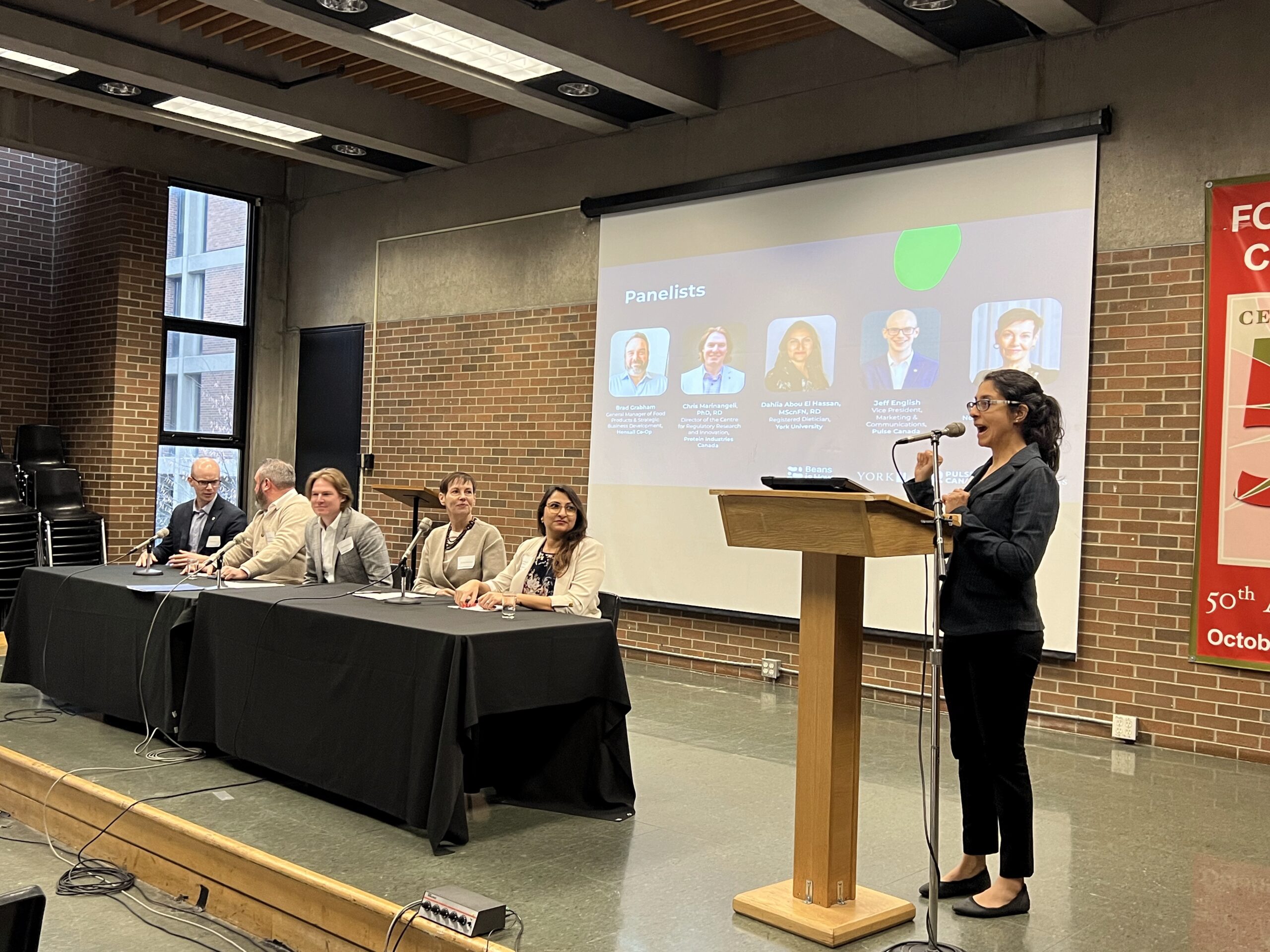
Opportunities:
-
Canada’s leadership in bean production can unite and rally Canadian stakeholders towards a shared mission, becoming a key national example of how increased bean consumption can support food systems transformation and address climate challenges. Canada is one of the world’s largest producers of pulses, including beans, lentils, and peas. Pulses have a lower carbon footprint compared to animal-based proteins, making them a key solution to reducing greenhouse gas emissions and environmental impact. Canadian farming practices, like low-intensity farming and sustainable soil management, make domestically grown beans particularly eco-friendly. Canadian bean exports already reach global markets, but there’s significant room for growth domestically by improving visibility and consumer interest. The Canadian government ministries can be key allies in addressing some of the production and supply chain challenges.
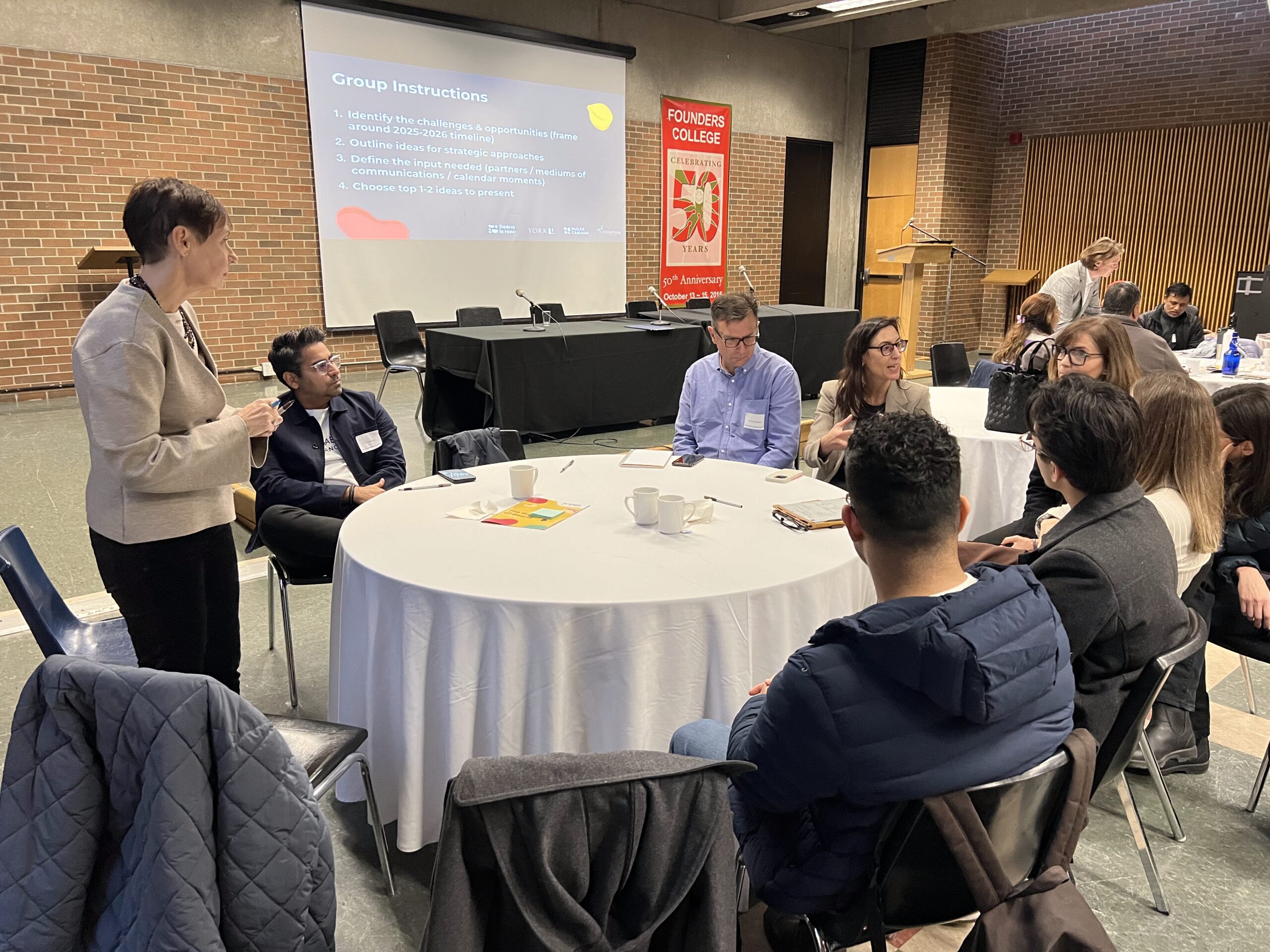
-
Public service delivery programs and initiatives already address food security and encourage healthy, sustainable eating. Canada’s Food Guide recommends increased consumption of whole plant-based foods, aligning with the goal to make beans a dietary norm. The newly ratified $5 billion National School Meals Program (2024) presents a huge opportunity to incorporate beans as a staple in school meals. 40% of the Canadian Food Bank’s food served is pulse-based, and beans offer a low-cost, nutrient-dense solution that can alleviate food insecurity while meeting protein needs.
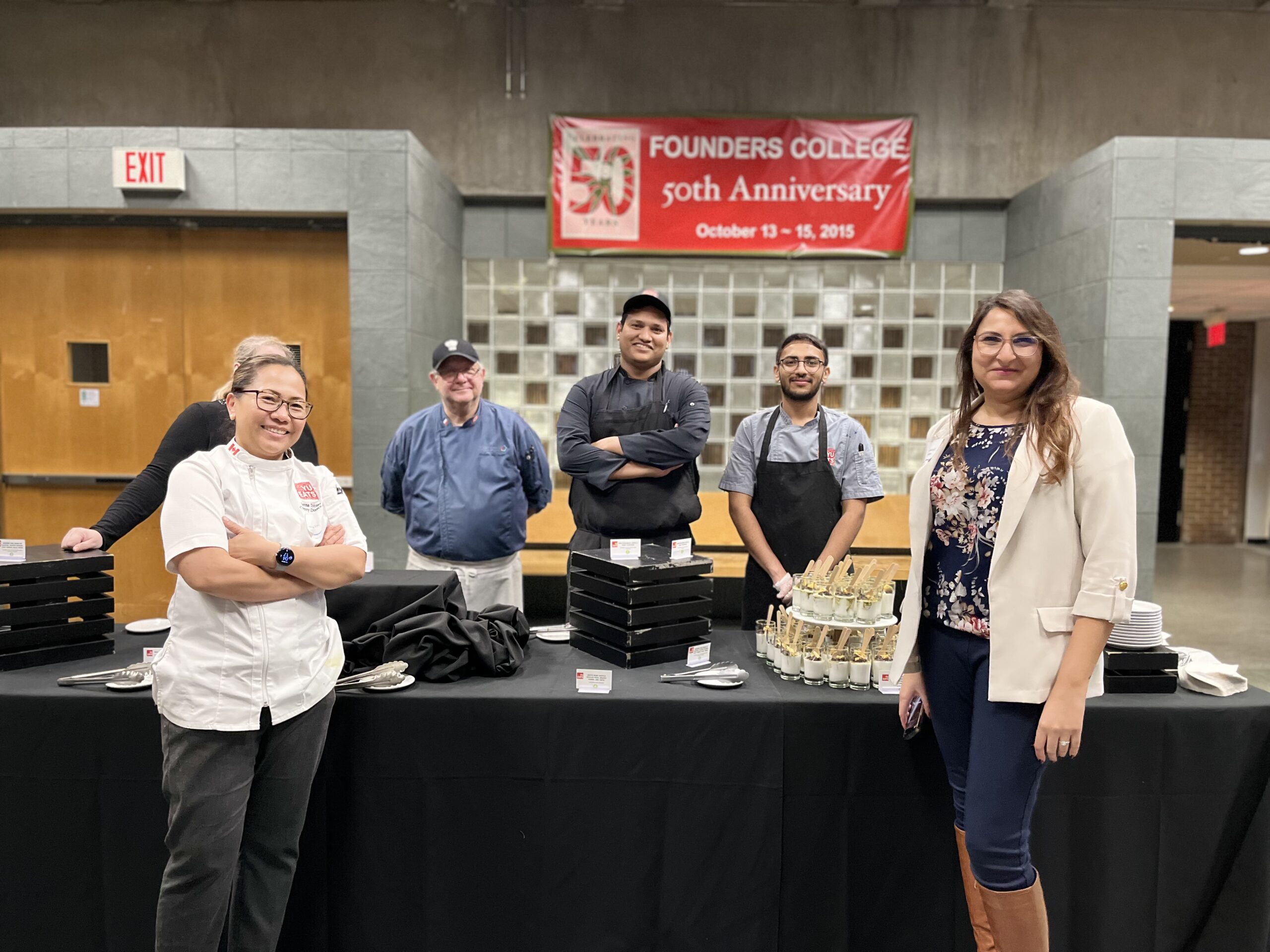
-
Growing plant-based and climate-conscious consumer trends in food service and retail. The plant-forward movement is making incredible strides with encouraging universities, hospitals and schools to transition towards more plant-forward menus. Partnering with these Coalitions and initiatives offers the opportunity to leverage their established networks and credibility to promote the versatility and benefits of beans in plant-based diets. Collaborative campaigns can focus on educational initiatives, such as webinars, recipe challenges, and social media activations, showcasing beans as a nutrient-dense, sustainable, and affordable protein option. Partners can also assist in aligning data collected and messaging with current trends, like reducing meat consumption for environmental and health reasons, while amplifying outreach through their member base, influencers, and marketing channels. Together, these partnerships can shift organizational policies and consumer perceptions, helping to make beans more accessible and visible while increasing the desirability of beans in plant-forward lifestyles.

-
Some public awareness about the benefits of beans, but room to improve. Canadian consumers’ perception about beans (dry or canned), chickpeas and lentils as a great source of plant-based protein has increased in recent years, but is still at 43%. Influencer and Chef-led initiatives and storytelling around beans (e.g., Navy beans a la vodka) make them desirable and accessible. Programs targeting schools and universities help normalize bean consumption through interactive activities alongside a constant drumbeat of digital and out of home media campaigns.
Recommended Actions to Increase Pulse Consumption
This is a recommended set of objectives and activities that Canadian stakeholders can rally around based on the collective input of attendees throughout the All About Beans Summit.
Objectives
Leverage Canada’s leadership in pulse production to unite and rally Canadian stakeholders towards a shared mission, becoming a key national example of how increased bean consumption can support food systems transformation and address climate challenges.
Activities
-
Host virtual Coalition gatherings at the national level or in dedicated working groups to inspire increased collaboration and the exchange of great ideas amongst diverse stakeholders, contributing to Beans is How’s global campaign efforts to double consumption by 2028.
-
Set a national calendar of moments to rally around, including: National Nutrition Month (March), Earth Day, World Food Day and other local events, such as climate weeks or city or cultural moments.
-
Collaborate with research institutions and farmers to increase the availability of domestic bean varieties and to call for more investment in research and innovation.
Build on public service delivery programs and initiatives that address food security and encourage healthy, sustainable eating.
- Promote beans as a solution to address food insecurity, malnutrition, and climate change targets with government agencies at the national and local levels. Host policy roundtables, develop white papers, media campaigns, encourage multi-partner lobbying efforts around key policy aims.
-
Align with the Coalition for Healthy School Foods, and promote support to the Canadian Food Bank to inspire beans as a healthy and affordable protein to address food insecurities.
-
Align with efforts to spread awareness about Canada’s Food Guide and develop guidelines or policy that support the integration of more pulses in public procurement settings.
-
Support chef advocate programs, such as school visits, recipe sharing, and messaging campaigns to draw attention to the value of beans.
Align with growing plant-based and climate-conscious consumer trends to get more #BeansOnTheMenu in food service and retail to make them more visible, accessible and desirable. Targets include: universities, hospitals, retailers and quick service restaurants.
-
Encourage foodservice providers and retailers to feature beans prominently on their menus, in customer marketing and communications. Promote beans at product innovation expos, during in-store promotions, and in loyalty programs.
-
Expand retail, CPG & pulse supplier partnerships to address affordability and convenience by developing or marketing existing convenient, pre-cooked, or ready-to-eat bean products.
-
Explore pathways to scale up chef awareness through:
-
Toolkits with educational materials
-
Skills-based training on pulse-based cooking
-
Recipe exchange and incentives with recognition or reward based challenges.
-
-
Share best practices and resources to increase public awareness and education for customers:
-
Materials such as digital campaign materials, signage, workshops.
-
Offer experiential programs, such as sampling or taste testing, cooking or local growing workshops.
-
Provide easy guides and educational materials for cooking and meal planning.
-
-
Explore partnership opportunities with organizations championing a shift towards increased plant-forward eating and their signatories, such as shared data collection and chef training so pulse consumption can be designated as an indicator to track in regular reporting alongside vegetable and animal protein consumption shifts. This will help set a baseline prior to any behavior change interventions while gleaning important learnings about effective marketing and sales strategies.
Implement public awareness campaigns to inspire beans’ cultural and culinary versatility, along with their many benefits.
-
Collaborate with influencers and chefs to share trendy, easy-to-cook recipes. Host TikTok/Instagram challenges, live cooking events, co-develop cookbooks. Partner with renowned chefs, cultural organizations, and culinary schools.
-
Lean into intergenerational collaborations or opportunities to celebrate beans’ cultural significance through culturally diverse recipe promotion, the promotion of indigenous knowledge, storytelling and live events. Rally around key cultural moments, such as religious holidays, national holidays and international days, including: World Pulses Day, Earth Day, etc.
-
Build support for farmers by sharing stories of local sustainable bean farming to build trust and awareness.
“All About Beans” Participating Stakeholder Organizations
-
Alberta Pulse Growers
-
Chickpeas Veg
-
Coalition for Healthy School Foods
-
Compass Group Canada
-
Dennis the Prescott
-
Food Banks Canada
-
Forward Food
-
Griffith Foods
-
Hensall Co-Op
-
Ideovation Inc.
-
Intertek
-
KBC
-
Manitoba Pulse and Soybean Growers
-
Mohawk Medbuy Corporation – MEALsource
-
Nourish Food Marketing
-
Plant Based Data
-
Plant Based Foods of Canada
-
Plant Based Treaty
-
Plant Up
-
Protein Industries Canada
-
Pulse Canada
-
Regenesis
-
Say Somali Youth
-
SDG2 Advocacy Hub
-
Seenergy Foods Ltd
-
Stack and Spoon
-
Summer Fresh Salads
-
The Andersons
-
Toronto Vegetarian Food Bank
-
University of British Columbia
-
University of Guelph
-
University of Toronto
-
York University
Recipes
During our summit, we were privileged to host several incredible chefs. They have been gracious enough to share the following recipes with us.
